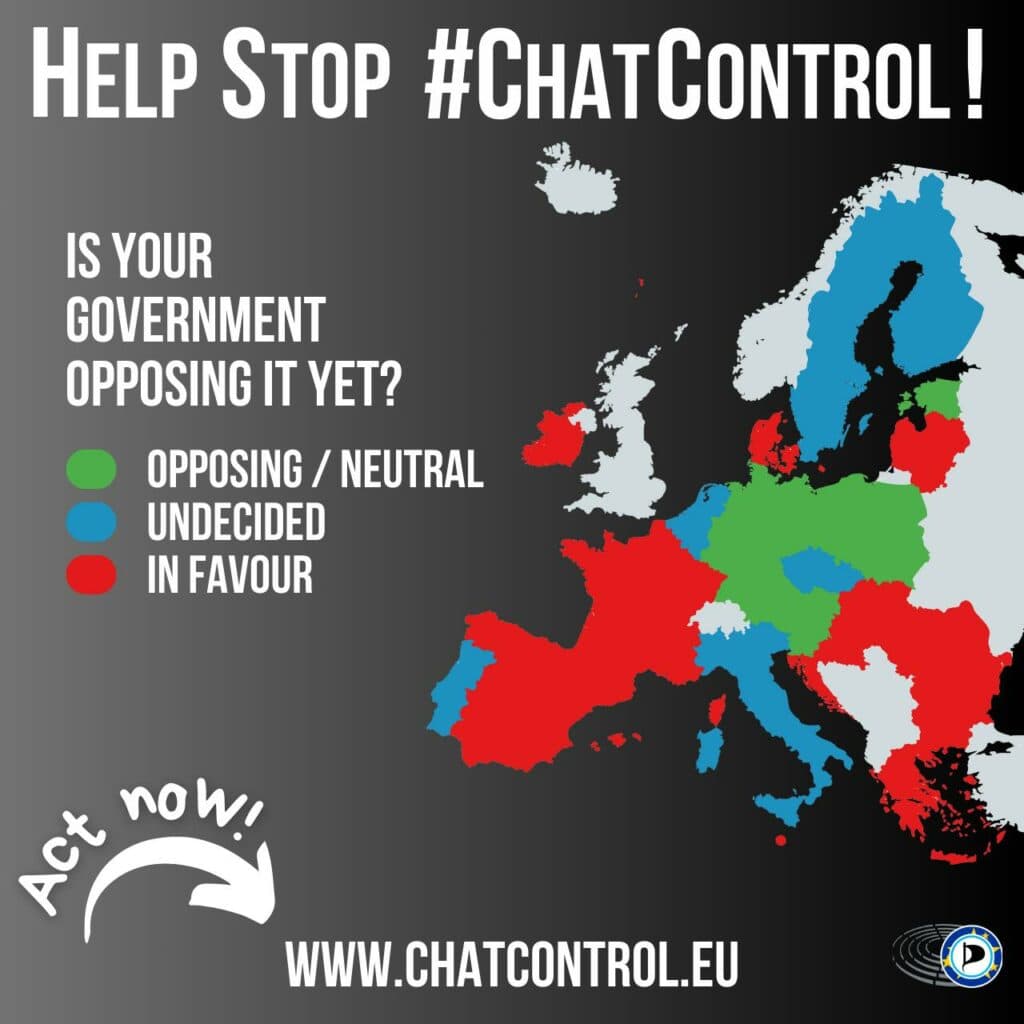EU Chat Control Law Vote Postponed Amid Growing Member State Opposition, Estonia Shifts Stance

Brussels, Belgium – The controversial European Union "Chat Control" law, officially known as the Regulation to Prevent and Combat Child Sexual Abuse (CSAR), faced a significant hurdle this week as its anticipated vote, scheduled for September 12, 2025, was postponed indefinitely. The deferral stems from a lack of sufficient consensus among member states, particularly concerning provisions that critics argue would undermine end-to-end encryption and digital privacy.
The postponement signals a setback for proponents of the legislation, which aims to mandate client-side scanning of private digital communications for child sexual abuse material (CSAM). Privacy advocates and several EU nations have voiced strong concerns that such measures could lead to mass surveillance and infringe upon fundamental rights.
Bart de Witte, a prominent digital rights advocate, highlighted the growing opposition in a tweet on September 5, 2025, stating: > "With Estonia joining the „decline“ vote we hopefully have pushed this law of the table." This sentiment reflects the increasing resistance that ultimately led to the vote's delay. Estonia, previously listed among the "undecided" nations, reportedly shifted its position towards opposing the current draft, contributing to the formation of a blocking minority within the Council.
The proposed CSAR has been a subject of intense debate since its introduction, with critics arguing that its technical implementation, particularly client-side scanning, is inherently flawed and poses a severe threat to the security and confidentiality of online communications. Opponents, including countries like Germany, Poland, Austria, and the Netherlands, maintain that effective child protection measures can be implemented without compromising the privacy of all citizens.
The Danish Presidency of the Council, which has been advocating for the law's adoption, expressed disappointment over the postponement but affirmed its commitment to finding a balanced solution. The future of the "Chat Control" law remains uncertain, with no new date set for a vote, indicating that significant revisions may be necessary to address the widespread concerns raised by member states and civil society alike.